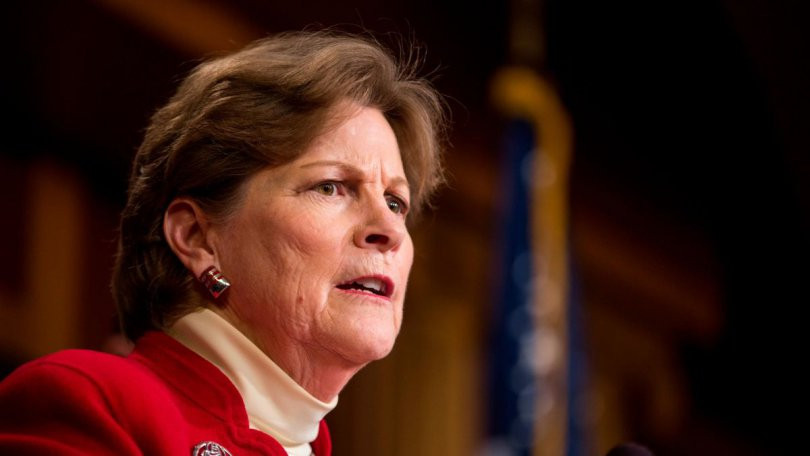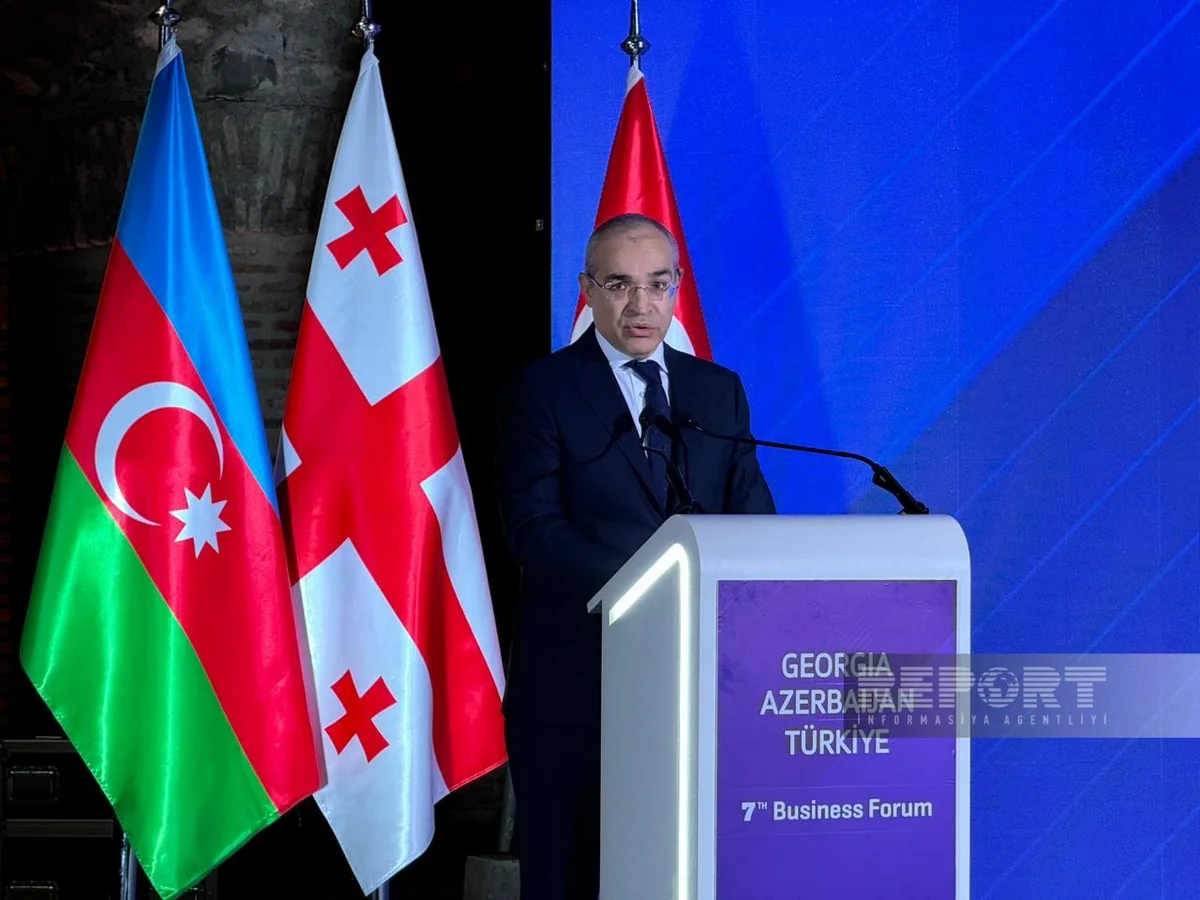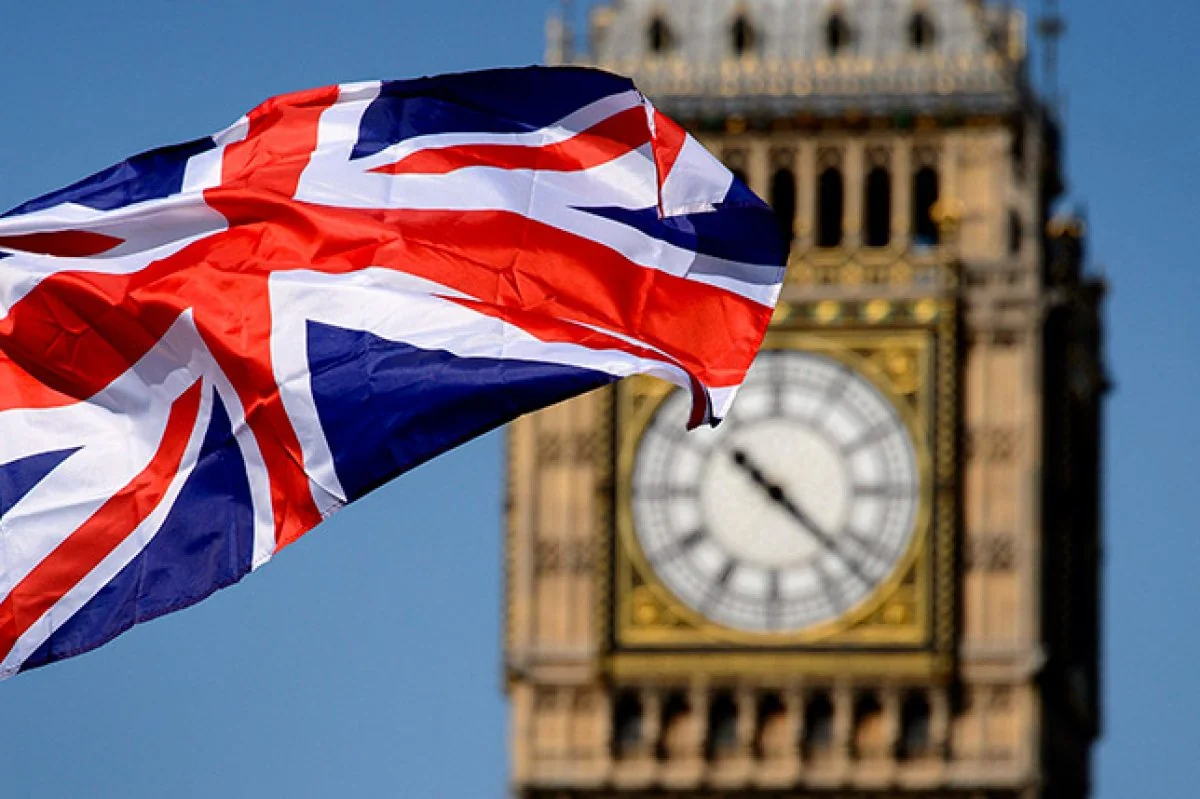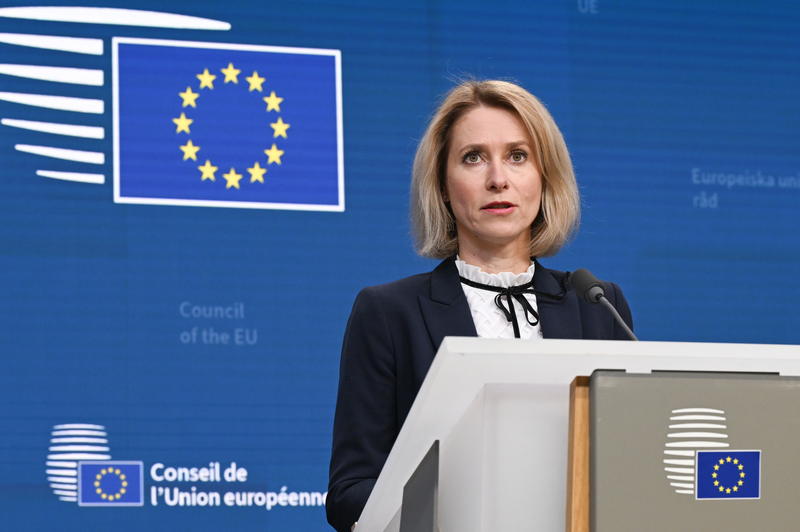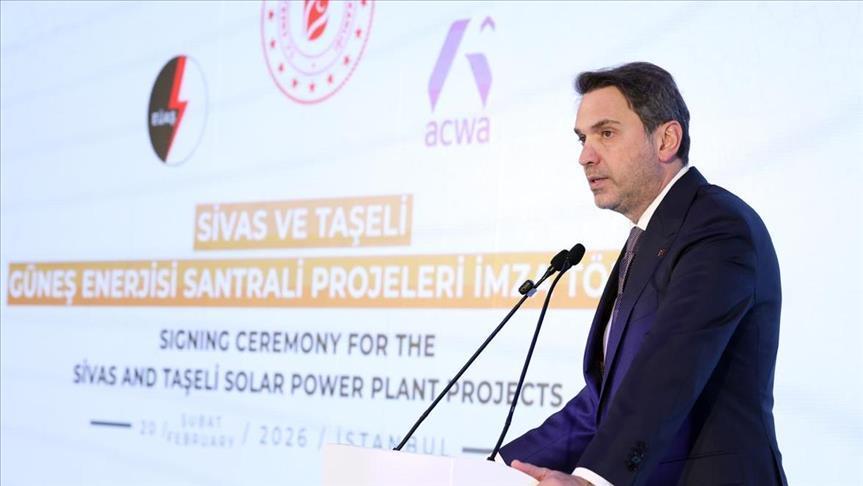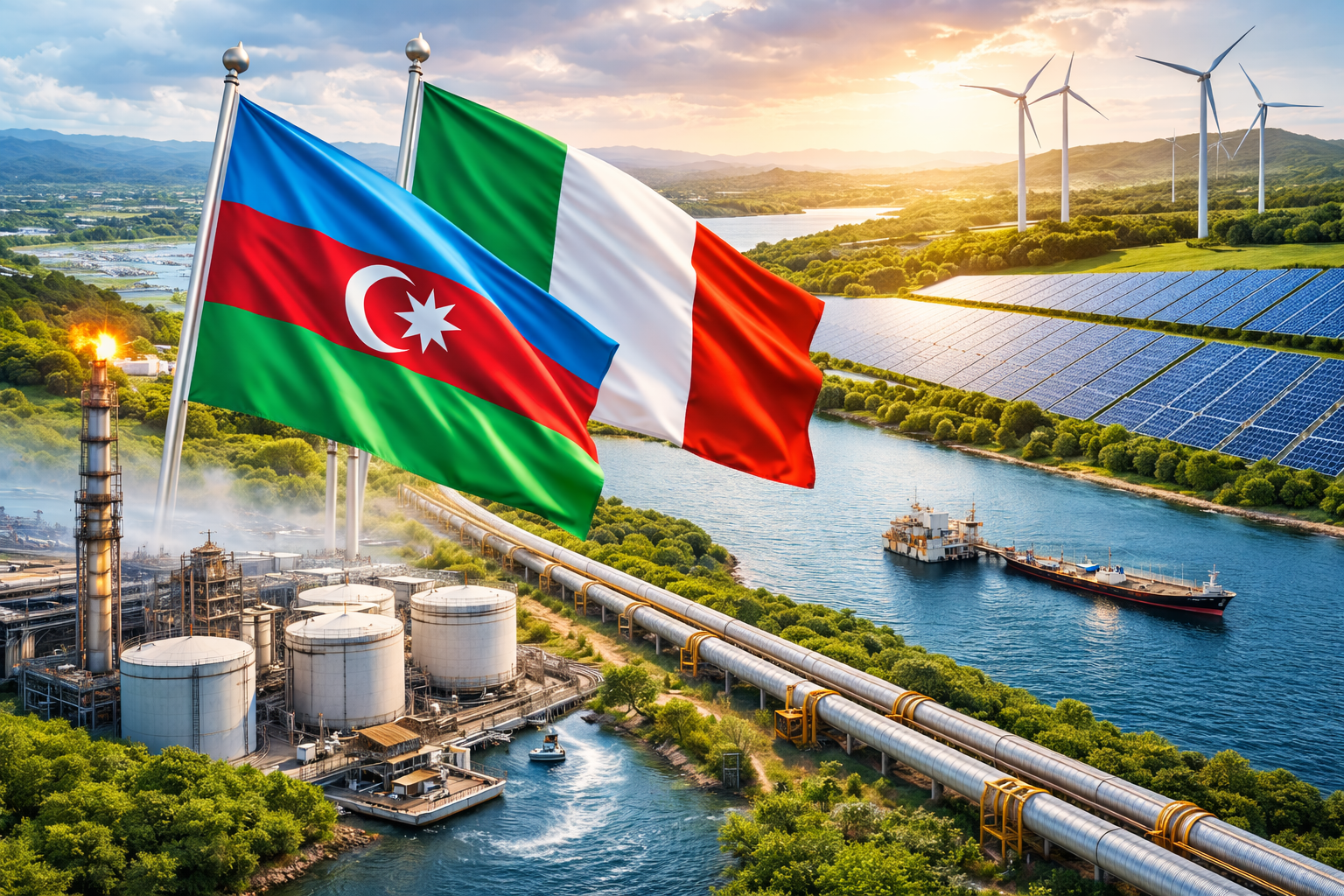On December 5 the US Senate Foreign Relations Committee held a hearing on the implementation of the Global Magnitsky laws, to discuss ways to further strengthen and improve the implementation of the sanctions tool and to better coordinate with other countries. Discussions, among other issues, focused on Georgia and the continuing human rights abuses of demonstrators by the Georgian government, with a hope expressed that Magnitsky sanctions would be helpful in addressing the human rights abuses of the Georgian people by the ruling authorities.
The two witnesses heard at the Committee hearing were Adam Kieth, Senior Director of Human Rights First, and William Browder, Chief Executive Officer of Hermitage Capital Management, one of the initiators of the Magnitsky Act, a sanctions tool designed to impose global individual sanctions for human rights abuses and corruption.
During the deliberations, the Ranking Member Senator James Risch noted that: “In the past weeks the Georgian government has brutally cracked down on pro-EU demonstrations. We have to consider how we can use tools at our disposal to defend basic rights and preserve the environment where people can freely and fairly decide their future.” He referred to the telephone call the same morning between the Committee members and the President of Georgia Salome Zurabishvili, which he said was “enlightening.”
Chairman Senator Ben Cardin further added: “We hope the Magnitsky sanctions will be helpful to get Georgia to the right path”, adding the actions of the “current authorities” towards the population of Georgia are “unacceptable.”
Senator Jeanne Shaheen said that “the situation in Georgia is getting increasingly dire. We’ve had on this committee a long-standing commitment to the Georgian people, I think we are all watching with great concern the deteriorating situation that we are seeing, with thousands of people in the streets to protest the Georgian Dream’s decision to suspend EU accession talks.”
She asked witnesses a question about the link between corruption and human rights abuses, and “what role the corruption played in fueling a crisis in Georgia?”
Bill Browder, one of the witnesses, said that “corruption is a crucial issue”. He stressed that Bidzina Ivanisvili, an oligarchic billionaire and informal ruler in Georgia, made his money in Russia through GASPROM and other state companies, which he said were “highly corrupt”.
He said that Ivanisvhili then went back to Georiga. “So, how do Russians control him? They say: you made your money in ways that are potentially dubious, we can take it all away from you, open criminal cases, or we may do none of that, if you help us. So he’s been actively helping them ever since,” Boll Brodwer noted.
He said: “So, it would be fair to say that the current illegitimate Georgian government is a Russian puppet government and Bidzina Ivanishvili plays a very active role in this situation.”
He further added that the other side of the story is that “people who are corrupt and are in power, they don’t want the next government to investigate them” adding that they refuse to relinquish power and rig elections. “That’s the role corruption plays,” concluded the US Senator.
Commenting on the general challenge to sanctions, particularly those imposed on Russia, which lies in the effective ways to avoid them he noted that Russians have found every way around sanctions, noting that „the Georgians, they are soft on it, so all the staff that’s not supposed to go to Russia is all coming in through Georgia. We know that there is a supply line coming in that way, there are a lot of leaks.”
Senator Jeanne Shaheen said: “It’s important for us to send a message that there is a bilateral consensus in Senate and Congress on this issue regarding Georgia and we are not going to tolerate [this situation] without taking action against this gross abuse that’s taking place in the country.”
Shaheen and U.S. Senator Jim Risch (R-ID), Ranking Member of the U.S. Senate Foreign Relations Committee, issued a statement Sunday expressing concern about the violence unfolding in the aftermath of the Georgian government’s decision to suspend EU accession negotiations and called on the State Department to impose sanctions on individuals responsible for undermining Georgia and committing violence against peaceful protestors.


